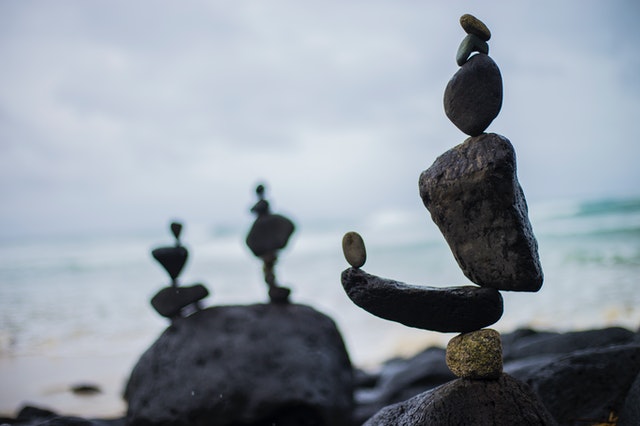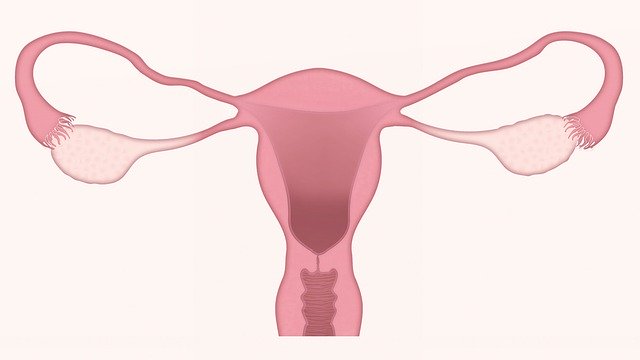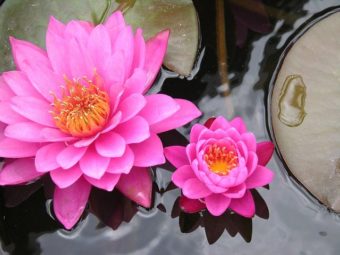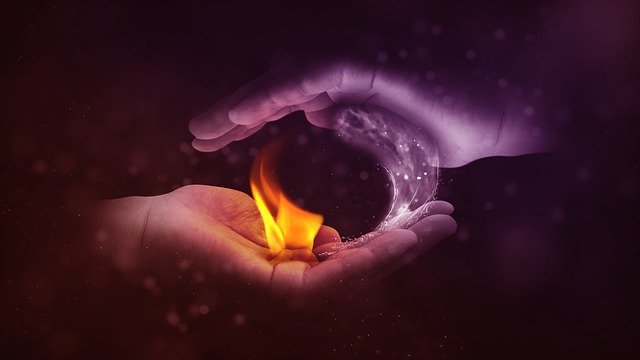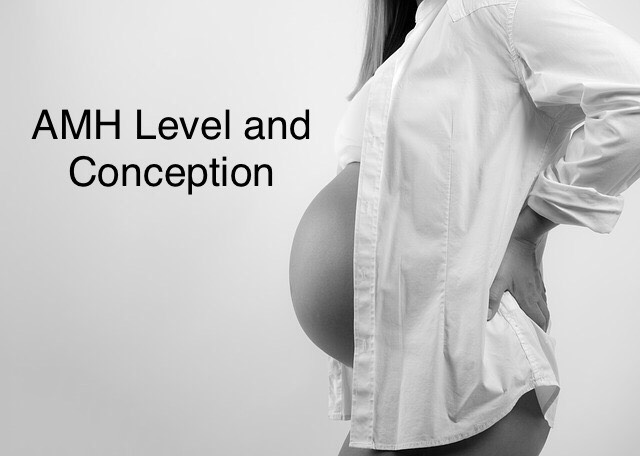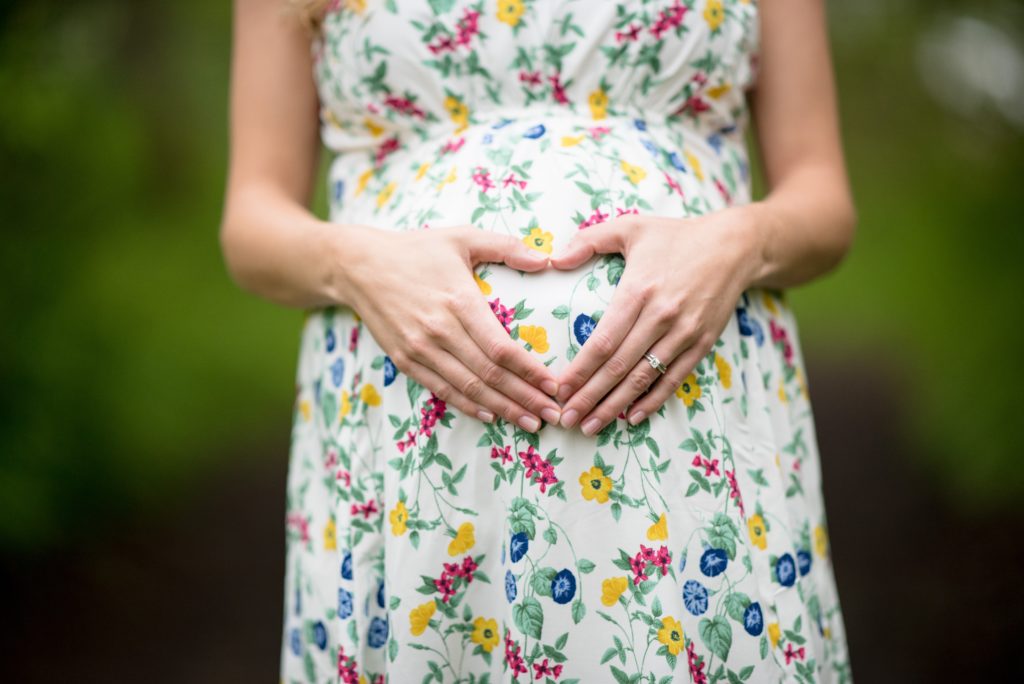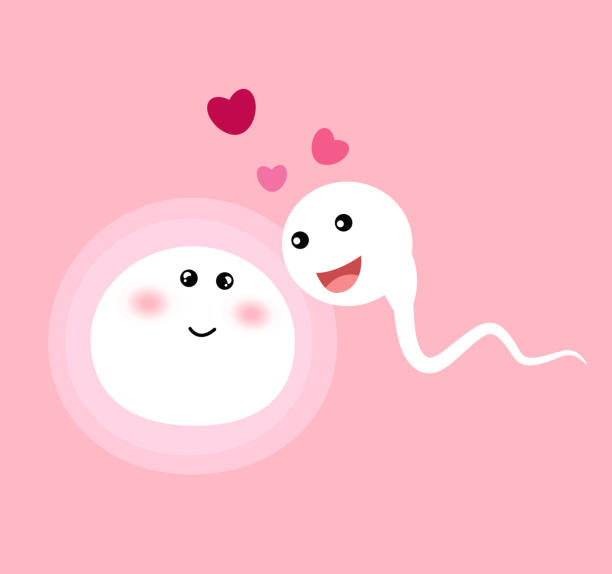History of Hormone Yoga Therapy
Hormone Yoga Therapy is a form of yoga developed by Dinah Rodriguez, a Brazilian author and yoga teacher. Her aim first was to help women who are suffering from unwanted side effects of menopause. But soon she discovered, that the benefits serve all women suffering from any of the multitude of problems caused by hormonal imbalances.
In this post, we will cover everything you need to know about Hormone Yoga Therapy and how it can benefit you.
What is Hormone Yoga Therapy?
It is a holistic practice used to reactivate hormone production. As a result, it is said to improve and even eliminate hormonal imbalances.
HYT includes a fixed set of yoga postures, breathing techniques and visualisations. It draws primarily on hatha and kundalini yoga poses and practices.
Breath techniques (pranayama) alongside yoga poses activate the following glands: the hypophysis, thyroid, adrenal, and ovarian glands. The stimulation of these glands is increased by the application of mudras and bandhas alongside a Tibetan energy technique.
A bandha is also known as a body lock, whereas mudras are gestures with the fingers and hands. Both are used to help energy flow into certain parts of the body.
Who is it for?
The therapy can reactivate glands and treat low or imbalanced hormones. It is therefore useful for women of any age, and specifically helpful for women who are:
- experiencing a hormonal imbalance, for example: difficulty conceiving, menstrual disorders, ovarian cysts, vaginal dryness, and low sex drive.
- looking for a preventative measure for the symptoms of peri- and menopause. Hormone levels start to drop at around 35 years old.
Techniques used in Hormone Yoga Therapy
The techniques used in the therapy include: asanas (yoga poses), pranayama, mudras, bandhas, visualisation. We also work with the chakras. In order to stimulate the glands, we will practice dynamic asanas, along with powerful breathing.
Various types of breathing techniques are practiced during the class. To stimulate the glands, we use pranayama techniques involving strong abdominal breathing. For instance, breath of fire and full yogic breathing. Strong abdominal breathing moves the qi, prana, in the body and therefore improves circulation to the glands.
These breathing techniques can also be used daily when you’re looking to find a little more calm or focus.
The practice consists of basic yoga poses and therefore you don’t need to have any experience in yoga to start the therapy! You will be taken step by step through each pose, as well as the breathing techniques.
Relaxation is also an important part. Students are led through the practice of yoga nidra, a relaxing, meditative style of yoga that takes you into a dream-like state. This, consequently, has huge benefits on your mental wellbeing and sleep.
What are the benefits?
This holistic therapy offers a host of mental and physical benefits for women of all ages, who experience hormonal imbalances.
Managing the symptoms of the menopause
No woman should have to deal with the symptoms of menopause. HYT offers a natural and drug-free alternative to Hormone Replacement Therapy (HRT).
In short, it can help alleviate the following symptoms of menopause:
- Hot flushes
- Urogenital dryness
- Night sweats
- Insomnia and sleeping disorders
- Anxiety and sadness
- Changes in periods
- Osteoporosis prevention
Infertility
Infertility is often linked to low hormone levels and other hormonal imbalances. The therapy will therefore stimulate hormone-producing glands and consequently help with infertility problems.
Yoga is also a wonderful support to the stresses surrounding difficulties with conception. A regular hormone yoga practice, will promote a positive relationship with your body. As a result, you will learn to love and nurture your body rather than feeling frustrated with or negative about it.
Stress and anxiety
In addition, whether you are experiencing high levels of stress or anxiety, HYT can alleviate the symptoms and leave you feeling much calmer and grounded. Meditative relaxation and visualisation techniques teach you to focus less on your thoughts and more on the present moment. So, these techniques are incredibly valuable and you can practice them on your own whenever needed.
Premenstrual Syndrome (PMS)
Moreover, hormone yoga therapy, can lessen and even heal hormonal imbalances around the period, such as: tender breasts, cramps, mood swings, food cravings, digestion problems and others. It is the regular practice that increases blood circulation in the reproductive organs and balances hormones. As a result, it can help significantly with PMS problems.
More benefits of HYT
Other imbalances where HYT can help:
- Insomnia
- Painful periods
- Incontinence
- Hypertension
- Carpal tunnel syndrome
- Hypothyroidism
- Polycystic ovaries
- Low libido
- Depression and emotional instability
- Absence/loss of menstruation (amenorrhea)
In addition, here are a few other ways that HYT can help with:
- Balance the immune system
- Balance the autonomic nervous system
- Improve circulation and healing
- Weight loss
- Increase flexibility
- Balance emotions
- Develop an awareness of a healthy diet and lifestyle
When you should avoid HYT
Certainly, there are some conditions for which HYT is not suitable. Therefore, contact a doctor if you have, or have ever had:
- During pregnancy
- Cancer that is hormone related
- Psychiatric problems
- Severe hyperthyroidism
- Severe hypertension
- Large myomas/fibroids
- Women who have had appendicitis but still have the appendix
- Advanced endometriosis
- Undiagnosed abdominal pain
- Recent surgery
- Severe cardiovascular diseases
- Advanced osteoporosis
In conclusion, Hormone Yoga Therapy offers a natural alternative to Hormone Replacement Therapy. Most importantly, when practised regularly, it can alleviate symptoms of hormonal imbalances. As a result, Hormone Yoga Therapy will help you feel your best again!


